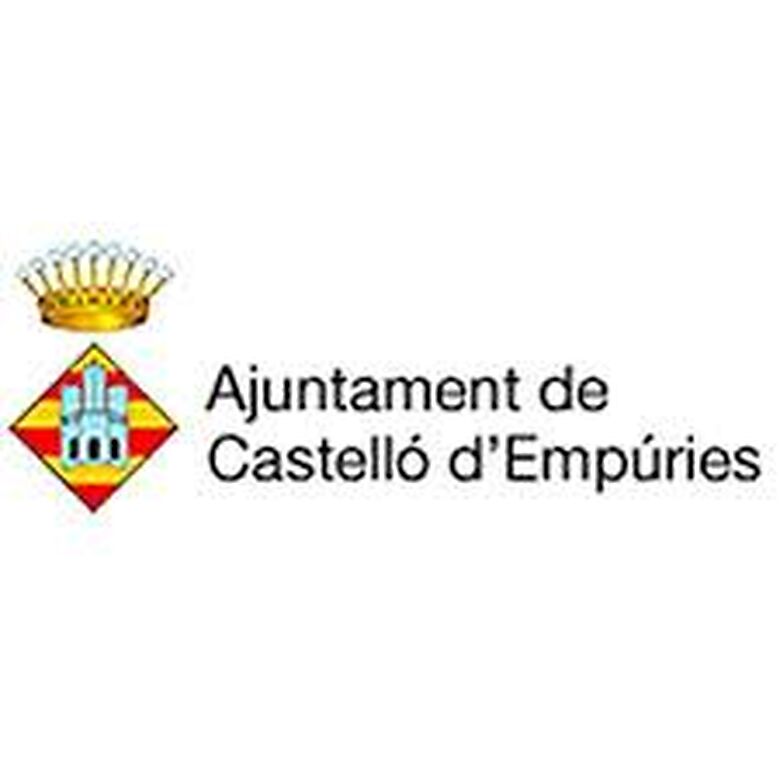Salvi Güell i Bohigas, Mayor of Castelló d'Empúries City Council.
LET YOU KNOW
Given the scarcity of precipitation and the exceptional situation in which the Darnius-Boadella unit to which our municipality belongs, in application of Decree Law 1/2023, of February 28, of the Generalitat of Catalonia by which extraordinary and urgent measures are established to deal with the exceptional drought situation in the area of the river basin district in Catalonia, taking into account the Drought Plan approved by Government Agreement 1/2020 of January 8 by the Department of Territory and Sustainability of the Generalitat of Catalonia and given the provisions of the Regulation of the municipal drinking water supply service of the municipality of Castelló d'Empúries (BOP Girona no. 77 of April 20, 2018), this City Council, in use of the powers conferred by the Law, is forced to order the following water saving measures:
First:
The use of drinking water from the public supply network is prohibited in the following cases:
Regarding the irrigation of green areas and public and private gardens, only:
The survival irrigation of trees or plants. This must be done with the minimum necessary amount of water, from 8 p.m. to 8 a.m., and only by drop by drop or watering can.
Lawn watering is prohibited in all cases, except on surfaces intended for the federated practice of sport, where irrigation can be kept to the minimum amounts necessary to allow it, without exceeding the maximum allocation of 450 m3/ha /month.
This prohibition does not apply to irrigation with rainwater collected on roofs or to irrigation with regenerated water from sewage treatment plants.
In terms of filling pools, the use of water is limited to:
The partial refilling of swimming pools with a water recirculation system, in the quantities necessary to guarantee the sanitary quality of the water.
In educational centers, the complete or partial filling of removable swimming pools with a capacity of less than 500 liters for children's swimming.
These limitations do not apply to seawater pools that are filled and emptied without connection to the public supply and sanitation networks.
It is also prohibited to fill removable swimming pools in patios and/or gardens.
When it comes to cleaning vehicles, the use of water is limited to:
Cleaning in commercial establishments dedicated to this activity that have water recirculation systems. Outside these establishments, it is only allowed to clean glass, mirrors, rear-view mirrors, lights and number plates with a sponge and bucket.
The cleaning of vehicles outside commercial establishments is allowed to maintain the safety and health of people and animals. These include food transport vehicles, animal transport (live or dead), ambulances, medical vehicles and the transport of medicines and waste. It will always be done with the minimum possible use of water
Regarding the cleaning of streets and urban furniture:
The cleaning with potable water of streets, sewers, pavements, facades and the like, whether public or private, is prohibited unless the cleaning is the result of an accident or a fire, or there is a health risk or a risk to the road safety. In these circumstances, cleaning will be done with the minimum amount of water necessary.
Yes, it is allowed to clean shop windows and windows with a bucket and sponge.
Regarding ornamental fountains:
The total or partial filling of ornamental fountains, artificial lakes and other elements of aesthetic use of water is prohibited, except for artificial lakes that provide vital support for aquatic life, where the minimum use of water essential for its maintenance
Regarding farms:
The use of water from the drinking water supply network is limited to the amounts necessary for watering and cleaning the animals, as well as for cleaning the premises. For this last use, it is necessary to use only the quantities essential to maintain sanitary conditions and only in the event that there is no alternative source and exclusively through pressure cleaning systems or others of equivalent effectiveness.
Regarding the removal of dust in the air:
The use of water for the removal of dust and suspended matter in the air is prohibited.
Second:
It is recalled that, for the common good, the Drought Plan approved by Government Agreement 1/2020 of January 8 by the Department of Territory and Sustainability of the Generalitat de Catalunya envisages that the total volumes of water entering the municipal reservoir for to supply the population they cannot exceed 230 liters per inhabitant per day (including economic and commercial activities).
Third:
Regarding the reduction percentages for each type of use with respect to water consumption in the normal phase, the following table will be used:
TYPE OF USE EXCEPTIONALITY PHASE
Agricultural irrigation 40% reduction
Livestock uses 30% of re
duction
Industrial uses 15% reduction
Recreational uses involving irrigation 50% reduction
Other recreational uses 15% reduction
These endowments can be supplemented with regenerated water from a waste water treatment plant, at the expense of the user, as long as there is flow availability.
Fourth:
In relation to the prohibitions and/or restrictions of the first, second and third measures of this BAN, the Local Police and the municipal inspectors will issue a report to the appropriate person and the sanctioning procedures will be instructed to impose, if necessary, the corresponding penalties, in accordance with the typification set out in the Regulation of the municipal drinking water supply service of the municipality of Castelló d'Empúries.
Fifth:
The measures established in this Ban do not affect the consumption of mains water by health centers or other unique establishments for reasons of public interest.
Sixth:
The City Council's telephone number -972 250 426- will answer any queries that arise in relation to the above provisions and will appreciate any information on loss or improper use of water.
This City Council calls on the citizens of the municipality of Castelló d'Empúries to ensure compliance with these rules out of responsibility and also out of solidarity.

